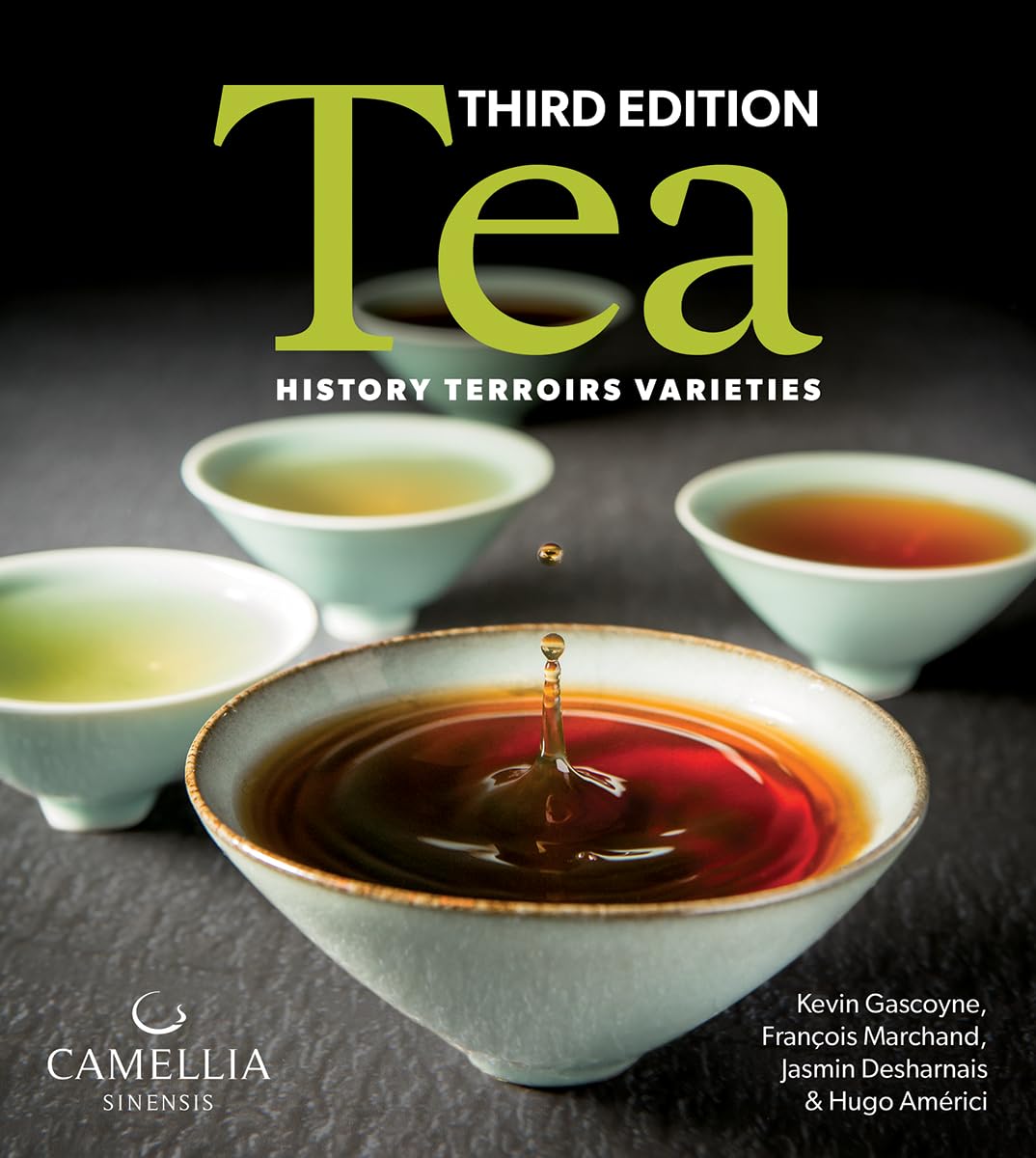Tea, a timeless beverage, has long been celebrated for its soothing qualities and cultural significance. However, as science delves deeper into its composition, tea is increasingly recognized for its impressive health benefits. The Second International Scientific Symposium on Tea and Human Health, highlighted by Weisburger (1999), explored the remarkable potential of tea, focusing on its antioxidant-rich properties and their implications for human well-being.
The Spotlight on Antioxidants
Antioxidants are compounds that neutralize harmful free radicals, which can damage cells and contribute to aging and chronic diseases like cancer, cardiovascular disease, and neurodegenerative disorders. Tea, whether black, green, or oolong, is a powerhouse of antioxidants, with a diverse array of bioactive compounds, including:
- Catechins (especially in green tea): Potent antioxidants that combat oxidative stress and inflammation.
- Theaflavins and Thearubigins (in black tea): These unique polyphenols contribute to black tea’s bold flavor and significant antioxidant activity.
The symposium emphasized how these compounds work together to promote health and prevent disease.
Key Findings on Tea and Human Health
- Cardiovascular Benefits:
- Regular tea consumption is associated with reduced risks of heart disease.
- Antioxidants in tea improve vascular function, lower LDL cholesterol, and reduce oxidative damage to lipids.
- Cancer Prevention:
- Tea’s antioxidants protect DNA from damage caused by carcinogens.
- Polyphenols in tea inhibit tumor growth, promote apoptosis (programmed cell death), and suppress angiogenesis (tumor blood vessel formation).
- Boosting Immune Function:
- Tea supports the immune system by modulating inflammatory pathways and enhancing the body’s ability to fend off infections.
- Neuroprotective Effects:
- Antioxidants in tea may protect against neurodegenerative conditions like Alzheimer’s and Parkinson’s diseases by reducing oxidative stress in the brain.
- Weight Management and Metabolism:
- Catechins, particularly epigallocatechin gallate (EGCG), have been shown to boost metabolism and support weight management efforts.
Practical Implications for Daily Life
- Incorporating Tea into Your Routine:
- Enjoying 2–5 cups of tea daily can provide a robust dose of antioxidants.
- Experiment with different types of tea to harness a variety of health benefits.
- Preparation Matters:
- To maximize antioxidant content, brew tea at the right temperature and steep it for the recommended time. Green tea benefits from lower temperatures (around 70–80°C), while black tea requires higher heat (95°C).
- Beyond the Cup:
- Tea extracts and supplements are increasingly popular, though natural consumption as a beverage is preferred to minimize risks and ensure balanced intake.
The Road Ahead: Research and Innovation
The symposium underscored the need for ongoing research to fully understand tea’s health benefits. Areas of interest include:
- Human Clinical Trials:
- Expanding studies to confirm findings observed in laboratory and animal models.
- Exploration of Synergistic Effects:
- Studying how tea interacts with other dietary antioxidants for cumulative health benefits.
- Product Development:
- Innovating tea-based products that retain or enhance antioxidant properties for broader appeal.
Conclusion: A Simple Step to Better Health
The Second International Scientific Symposium on Tea and Human Health reinforced the notion that tea is more than just a comforting beverage—it’s a health-enhancing elixir packed with antioxidants. By incorporating tea into daily life, individuals can take a proactive step toward improved cardiovascular health, reduced cancer risk, and overall well-being. Whether you prefer green, black, or oolong, the science is clear: tea is a simple and delicious way to support your health journey.
So, brew yourself a cup and sip to a healthier future!





